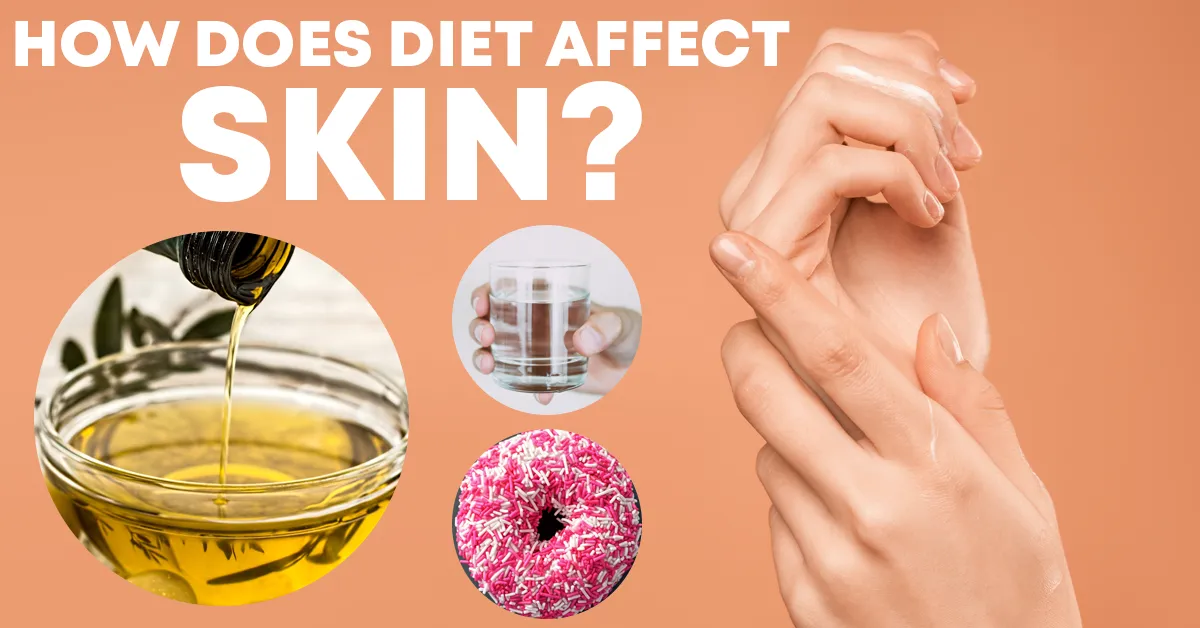The food you choose in your diet is part of the bottom line of your diet. An unhealthy diet can have negative ramifications on your health, and your skin is no different.
While there are some foods that can aid your skin health because of the presence of key vitamins, for the most part, the common advice applies. Eat an adequate amount of fruits, vegetables, and other nutrients and you will reap the benefits. But choose unhealthy options, and your skin may see some drawbacks.
A poor diet can increase your risk of inflammation, acne breakouts, and early aging of your skin.
The Importance of Vitamin E in Skin Health
The vitamins C, D, and E are the most important in skin care.
Of these, vitamin E is arguably the most overlooked. It is found in vegetable oils, nuts, leafy greens, and some fortified foods.
Vitamin E will not treat a skin condition, but it can help slow the moisture loss in your skin to keep your skin soft. Think of it as a natural moisturizer.
Does Drinking Water Keep Your Skin Healthy?
The Mayo Clinic says men should drink 15.5 cups of water each day and women should drink 11.5 cups each day. That sounds like a LOT of water, but remember you get about 20% from the food you eat.
Drinking plenty of water can help you urinate more frequently to remove waste from your body, regulate your body temperature, and cushion your joints. But for some people, increasing water intake may also help their skin.
If you are already drinking only small amounts of water each day, increasing your intake closer to the recommended amount can help clear your skin. If you already consume enough water to keep yourself from feeling thirsty throughout the day, it is unlikely that drinking large amounts of additional water will improve your skin.
What does Gluten do to Your Skin?
Patients diagnosed with celiac disease have negative reactions to consuming gluten. Among abdominal discomfort, diarrhea, and other symptoms, some patients with celiac disease experience dermatitis herpetiformis.
Dermatitis herpetiformis is a rash that can form as a result of gluten consumption, though that is almost exclusively found in patients with celiac disease.
Unless you have celiac disease, it is unlikely removing gluten from your diet will have any effect on your skin.
How Sugar Affects Your Skin
Sugar is a common culprit for raising blood sugar as well as inflammation. Acne breakouts can occur as a result. Low-glycemic diets were studied for weight loss purposes in a 2009 diet, and researchers also discovered acne improved in study participates as well.
Sugar also can break down the collagen that supports your skin, causing it to begin sagging at a younger age.


